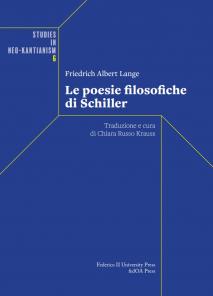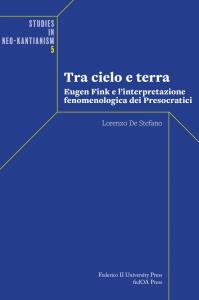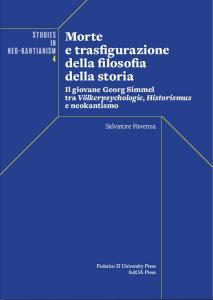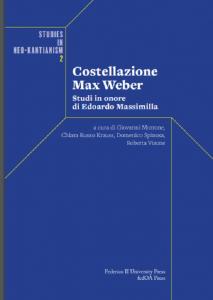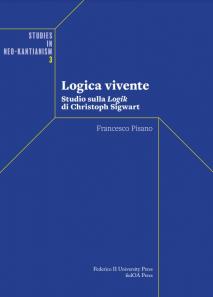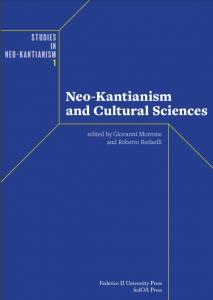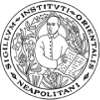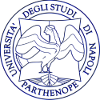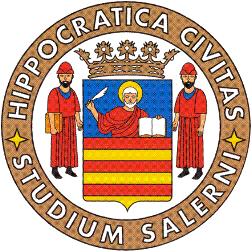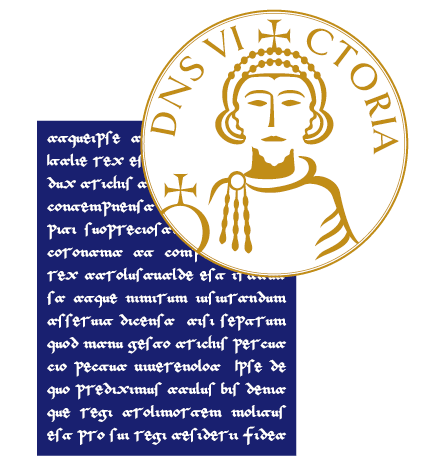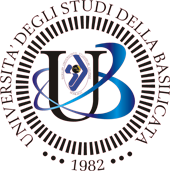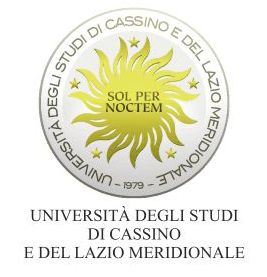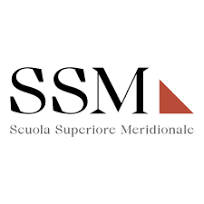FedOAPress - Studies in Neo-Kantianism
Editore: FedOA - Federico II University Press
Collana: Studies in Neo-Kantianism
Diretta da: Giovanni Morrone (Università della Campania “L. Vanvitelli”), Roberto Redaelli (Friedrich-Alexander-Universität Erlangen-Nürnberg)
Comitato scientifico: Stefano Besoli (Università di Bologna), Giuseppe D’Anna (Università Cattolica del Sacro Cuore di Milano), Riccardo De Biase (Università degli Studi di Napoli Federico II), Carmine Di Martino (Università degli Studi di Milano), Anna Donise (Università degli Studi di Napoli Federico II), Luca Guidetti (Università di Bologna), Andreas Funke (Friedrich-Alexander-Universität Erlangen-Nürnberg), Christian Krijnen (Vrije Universiteit Amsterdam), Sebastian Luft (Marquette University), Felice Masi (Università degli Studi di Napoli Federico II), Edoardo Massimilla (Università degli Studi di Napoli Federico II), Peter-Ulrich Merz-Benz (Universität Zürich), Domenico Spinosa (Università degli Studi dell’Aquila), Andrea Staiti (Università di Parma), Jing Zhao (Beijing Huagong University)
Staff editoriale: Sabato Danzilli (Università di Catania), Ivana Brigida D’Avanzo (Università di Perugia)
Lingue: Italiano, Inglese, Francese, Tedesco, Spagnolo
Caratteri e contenuti della collana: In seguito alla crisi d’identità post idealistica e all’avvento del nichilismo, dominanti la scena culturale europea dopo la caduta dei grandi sistemi di pensiero, la filosofia subì una decisiva trasformazione sotto la spinta di un movimento di pensiero che raccolse le sue migliori menti intorno al celebre appello: «bisogna ritornare a Kant!». Tale appello, che era stato dapprima pronunciato da Eduard Zeller e che poi risuonò in tutta Europa, trovò ben presto il proprio luogo di elezione in quelle roccaforti del sapere che erano le Università di Heidelberg, Freiburg e Marburg, ove presero forma diverse scuole di pensiero accomunate dall’intento di far fronte alle sfideintellettuali del presente mediante rinnovate forme di criticismo. Esimi rappresentanti di tali scuole,tra i quali si annoverano Windelband, Rickert e Lask nella scuola badense, Natorp, Cohen e Cassirer in quella marburghiana, solo per citare i nomi più celebri, diedero l’abbrivio a una radicale ridefinizione dello scenario filosofico e culturale europeo del secolo scorso, investendo ambiti di studio tra loro disparati: dalla teoria della conoscenza all’estetica, dall’antropologia alla dottrina dei valori, l’ampiezza d’orizzonte dischiusa dall’opera di tali autori rimase un punto di riferimento per generazioni successive di filosofi. Del ruolo cruciale che tale movimento svolse nella genesi e nello sviluppo del pensiero filosofico novecentesco intende rendere ragione la collana Studies in Neo-Kantianism, con la quale si desidera offrire una piattaforma internazionale in cui far convergere i contributi dei maggiori esperti di tale corrente. La collana mira difatti a raccogliere studi – redatti nelle principali lingue europee – di carattere storico-filosofico volti ad indagare le molteplici fogge che il neocriticismo assunse, pur rimanendo aperta alla tematizzazione dell’impatto di tale pensiero sui metodi delle diverse scienze della cultura, senza escludere dal suo alveo lavori più squisitamente teoretici che mettano in luce l’attualità di talune istanze veicolate da tale corrente. La collana intende accogliere inoltre edizioni e traduzioni di testi classici del neokantismo. In tale missione, la collana presenta una chiara vocazione internazionale, rafforzata dalla collaborazione con il Centre for Studies in Neo-Kantianism, stanziato presso la Friedrich-Alexander-Universität di Erlangen-Nürnberg. In sintonia con l’opera di indagine e di divulgazione promossa dal centro di ricerca, la collana mira a restituire la cifra del pensiero neokantiano, raccogliendo così al suo convitto opere specialistiche che nascano dalla collaborazione internazionale tra i maggiori studiosi di tale corrente di pensiero.




